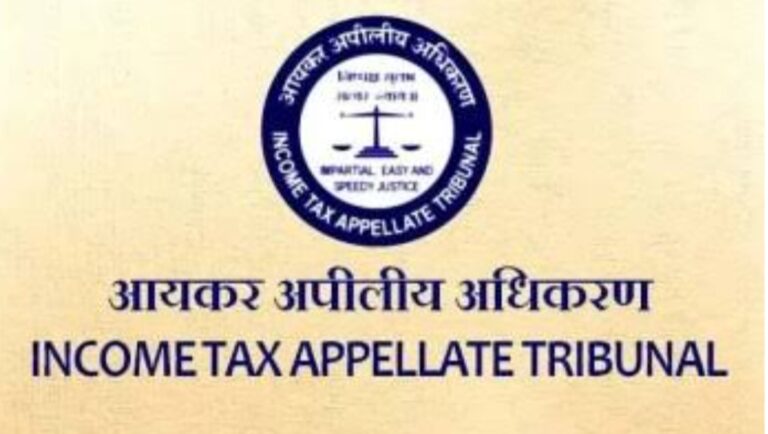Delhi ITAT rules in favour of assessee—sales already recorded in books cannot be taxed again as unexplained money under Section 69A or unexplained expenditure under Section 69C. Read full case details here.
🧭 Introduction:
In a noteworthy judgment that reaffirms the principle against double taxation, the Delhi Income Tax Appellate Tribunal (ITAT) has ruled that once sales are duly recorded in the books of account, the same cannot be treated again as unexplained money under Section 69A or unexplained expenditure under Section 69C of the Income Tax Act. This case sheds light on the correct application of deeming provisions when dealing with bank account credits.
Date of Order: 20th June 2025
🔍 Background:
The assessee, engaged in trading activities, was subjected to scrutiny assessment. During the process, the Assessing Officer (AO) noted two key discrepancies:
- Purchases from four suppliers were not fully disclosed in the books of account.
- A mismatch was observed between the sales reported in the return and the credits in the bank account.
To address this, the AO invoked:
- Section 69A to treat unrecorded bank credits as unexplained money, and
- Section 69C to treat the excess purchases as unexplained expenditure.
This led to dual additions on essentially the same income.
⚖️ Issue for Adjudication
Can the Assessing Officer invoke Sections 69A and 69C to tax bank credits when the same amounts are already considered as sales in the books?
🧾 ITAT’s Key Observations
- The bank credits represented sales receipts already disclosed in the assessee’s books.
- The AO’s approach resulted in double taxation of the same amount—first as sales and then again under Section 69A.
- Sections 69A and 69C are deeming provisions meant for unexplained money or expenditure. They cannot be invoked where the source is already explained.
- The Tribunal emphasized that sales, once accounted for, cannot again be recharacterized as unexplained just because the bank account reflects higher credits.
🧑⚖️ Final Ruling:
- The ITAT held in favor of the assessee.
- Additions made under Sections 69A and 69C were deleted to the extent they overlapped with the disclosed sales.
- AO was instructed to recompute income without any double addition.
🧠 Key Legal Takeaways
- No Double Taxation: Income once disclosed and taxed under the head “Business Income” cannot again be taxed under deeming provisions.
- Correct Application of Sections 69A/69C: These sections apply only when income or expenditure is not recorded or explained.
- Commercial Substance Matters: Substance over form is essential—merely having higher bank credits doesn’t automatically mean unexplained income.
📝 Conclusion
This ruling by the ITAT Delhi serves as a vital reminder to both taxpayers and tax authorities: once income is disclosed in the regular course of business and accepted as sales, invoking Sections 69A and 69C for the same transactions leads to double taxation, which is legally impermissible. It underscores the importance of consistency and rationality in tax assessments, especially when relying on bank credits.
